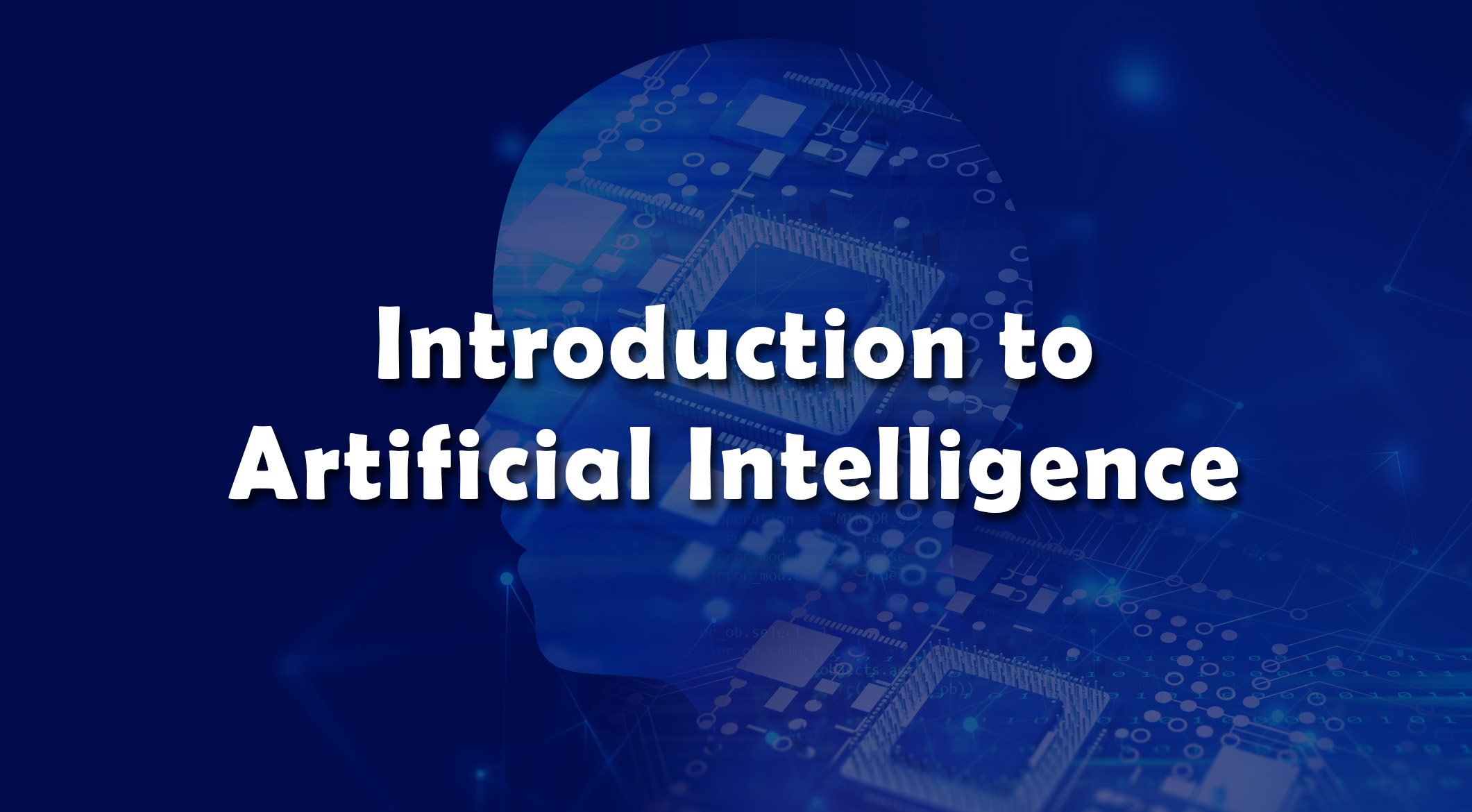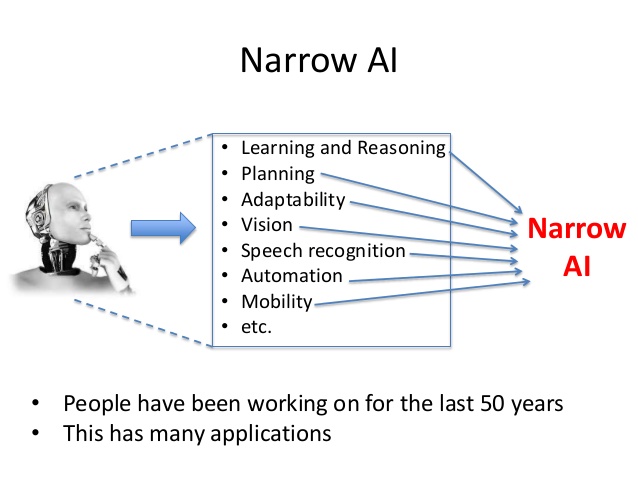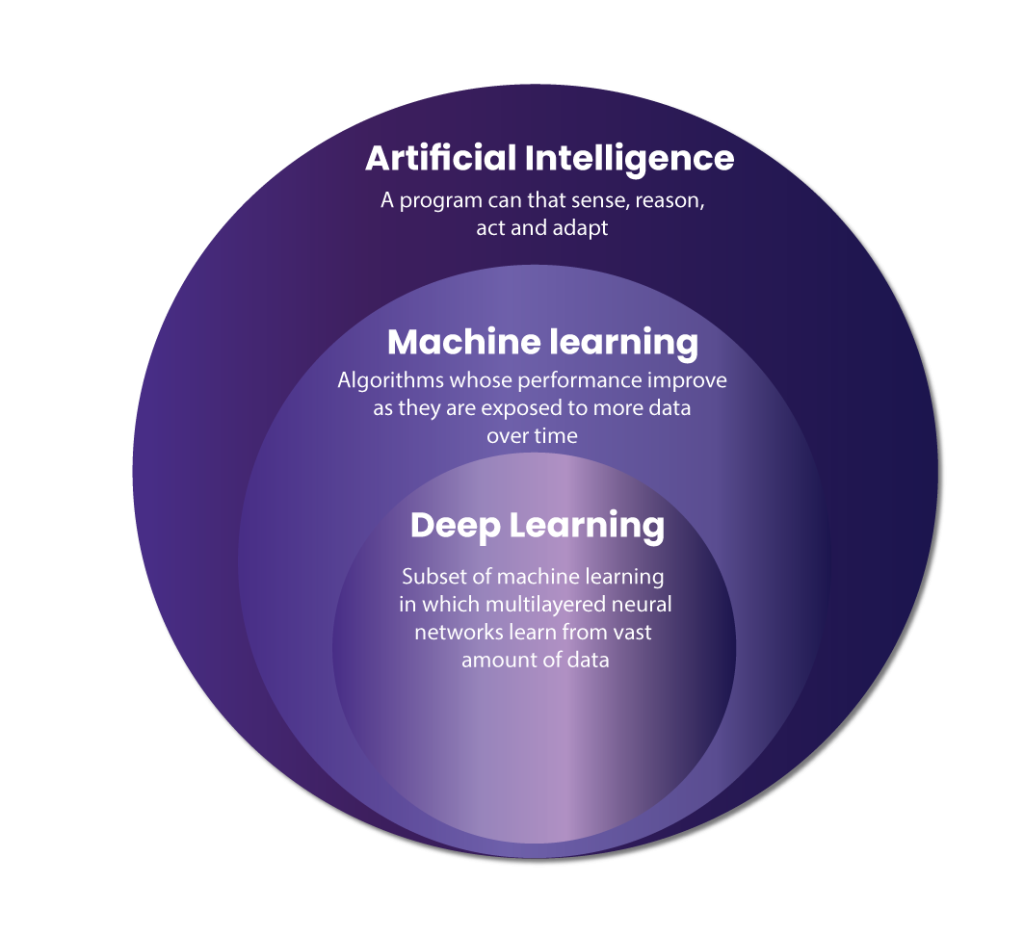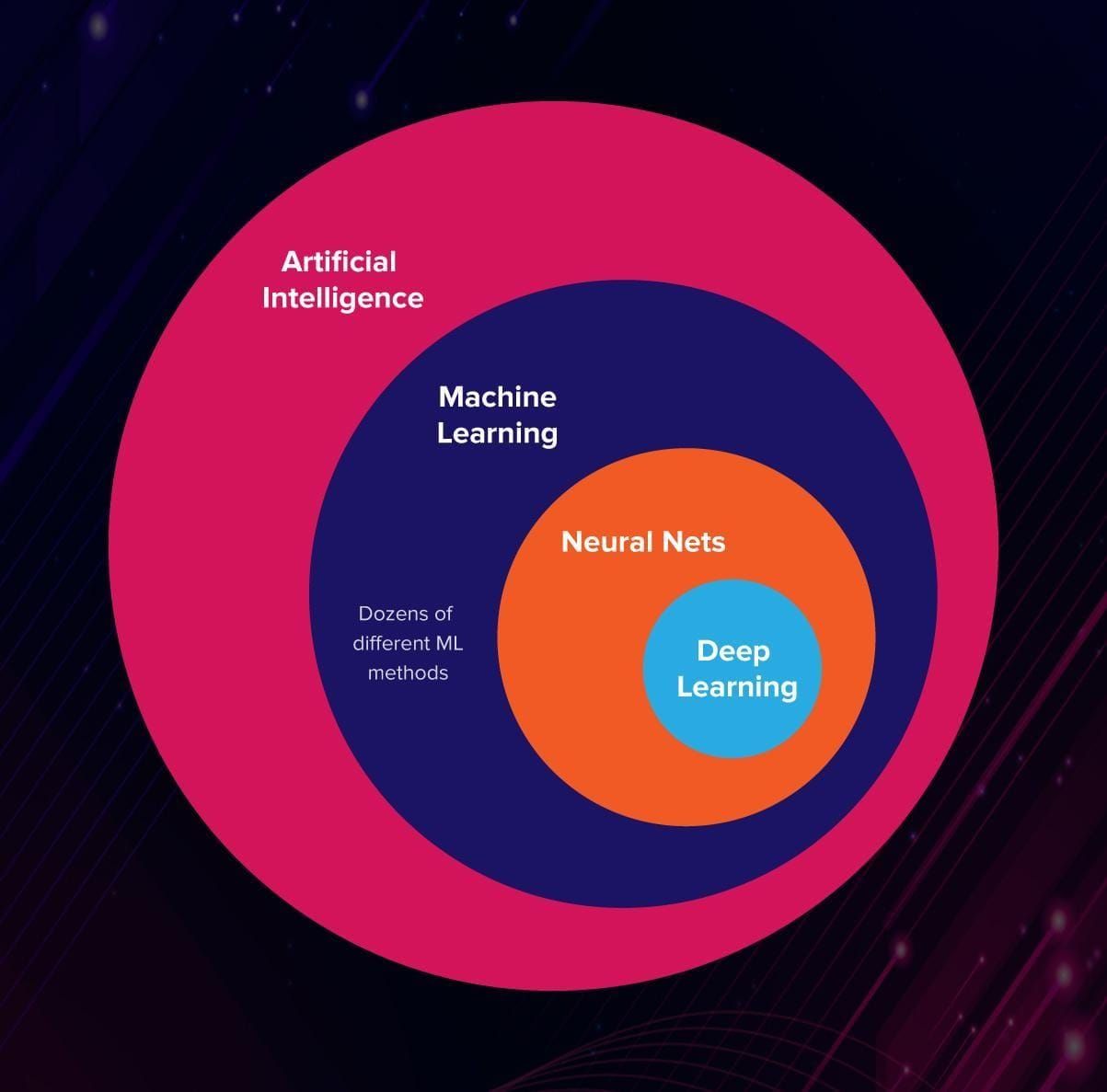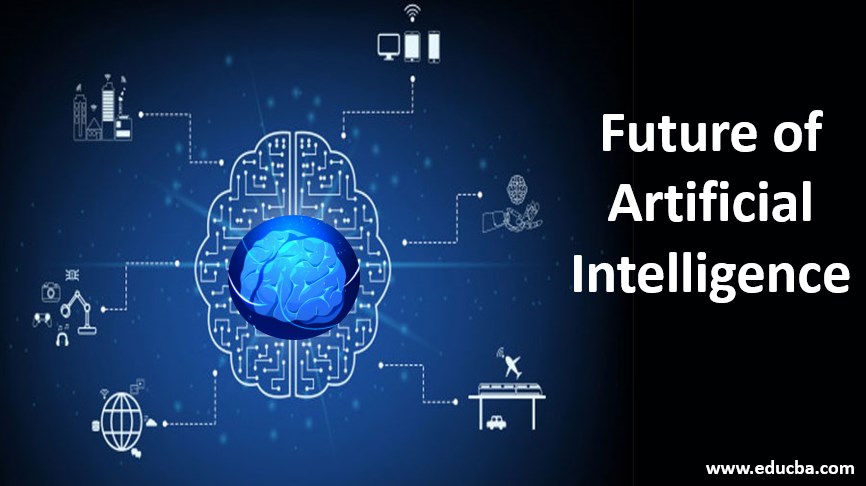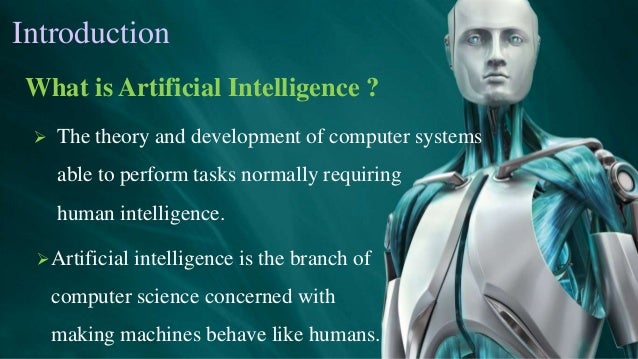Artificial Intellligence Presentation
| Introduction to Artificial Intelligence | ||
|---|---|---|
| Artificial Intelligence is a branch of computer science that aims to create intelligent machines. It involves the development of algorithms and models that mimic human cognitive processes. AI has the potential to revolutionize various industries such as healthcare, finance, and transportation. | ||
| 1 | ||
| Types of Artificial Intelligence | ||
|---|---|---|
| Narrow AI, also known as weak AI, is designed to perform specific tasks. General AI, or strong AI, possesses human-like intelligence and can handle a wide range of tasks. Superintelligent AI refers to an AI system that surpasses human intelligence in virtually every aspect. | ||
| 2 | ||
| Machine Learning in AI | ||
|---|---|---|
| Machine learning is a subset of AI that enables systems to learn and improve from experience without explicit programming. Supervised learning uses labeled data to train models and make predictions or classifications. Unsupervised learning, on the other hand, discovers patterns and relationships in unlabeled data. | ||
| 3 | ||
| Deep Learning in AI | ||
|---|---|---|
| Deep learning is a subset of machine learning that utilizes artificial neural networks. Neural networks consist of interconnected layers of nodes that mimic the structure of the human brain. Deep learning excels in tasks such as image recognition, natural language processing, and speech synthesis. | ||
| 4 | ||
| Applications of AI in Healthcare | ||
|---|---|---|
| AI is transforming healthcare by enabling more accurate diagnoses and personalized treatments. It can analyze large amounts of medical data to identify patterns and predict patient outcomes. AI-powered chatbots and virtual assistants provide round-the-clock support and answer medical queries. | ||
| 5 | ||
| AI in Finance | ||
|---|---|---|
| AI is used in finance for fraud detection, algorithmic trading, and risk assessment. It can analyze vast amounts of financial data to identify anomalies and suspicious activities. AI-powered robo-advisors provide personalized investment advice based on individuals' financial goals. | ||
| 6 | ||
| AI in Transportation | ||
|---|---|---|
| AI is revolutionizing transportation through autonomous vehicles and smart traffic management systems. Self-driving cars use AI algorithms to navigate, detect obstacles, and make driving decisions. AI-powered traffic management systems optimize traffic flow, reduce congestion, and enhance safety. | ||
| 7 | ||
| Ethical Considerations in AI | ||
|---|---|---|
| AI raises ethical concerns regarding privacy, bias, and job displacement. Privacy concerns arise due to the extensive collection and analysis of personal data. Bias in AI algorithms can perpetuate discrimination and unfairness, requiring careful monitoring and mitigation. | ||
| 8 | ||
| Future Outlook of AI | ||
|---|---|---|
| AI is expected to continue advancing rapidly, driving innovation in various fields. The integration of AI with other emerging technologies like IoT and blockchain will fuel further development. Collaboration between humans and AI will likely become more prevalent, leading to new opportunities and challenges. | ||
| 9 | ||
| Conclusion | ||
|---|---|---|
| Artificial Intelligence has the potential to revolutionize various industries and improve efficiency. While ethical considerations and challenges exist, proper regulation and monitoring can ensure responsible AI use. As AI continues to evolve, it is essential to prioritize its development in a way that benefits society as a whole. | ||
| 10 | ||
| References (download PPTX file for details) | ||
|---|---|---|
| Russell, S., & Norvig, P. (2016). Artificial ... Goodfellow, I., Bengio, Y., & Courville, A. (... Topol, E. J. (2019). Deep medicine: how artif... |  | |
| 11 | ||
